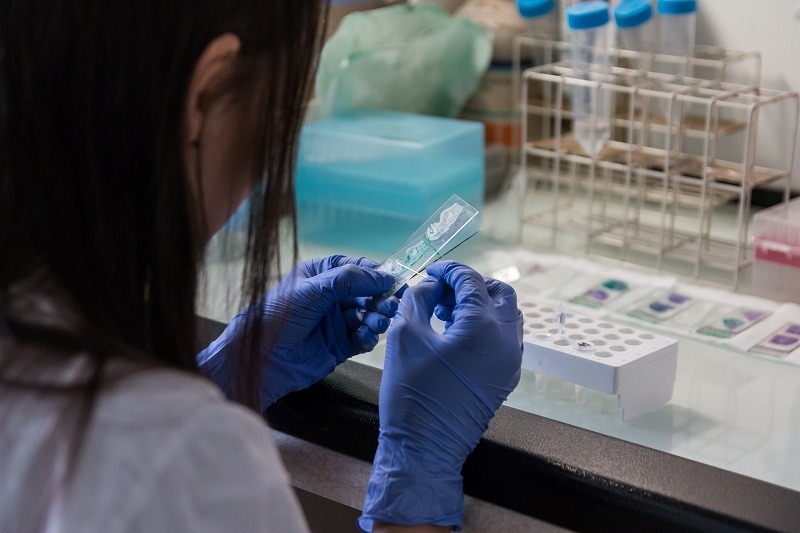The Progeria Research Foundation (PRF) has announced the Japanese approval of Zokinvy (lonafarnib) for treating Progeria and processing-deficient Progeroid Laminopathies (PL).

The latest approval marks a significant milestone in the treatment of the disease. Credit: Michal Jarmoluk from Pixabay.
Subscribe to our email newsletter
The approval from the Ministry of Health, Labor and Welfare (MHLW) marks a significant milestone in the treatment of the ultra-rare, fatal paediatric disease characterised by accelerated aging.
Zokinvy, a farnesyltransferase inhibitor (FTI), has demonstrated a survival benefit in children with Progeria.
Clinical trials, co-coordinated by the PRF and Boston Children’s Hospital, have shown that Zokinvy reduced mortality incidence by 72% and increased average survival time by 4.3 years, or 30%.
Boston Children’s Hospital Progeria clinical trials principal investigator Dr Monica Kleinman said: “After conducting 16 years of Progeria clinical trials at Boston Children’s Hospital, this milestone demonstrates the positive impact of a dedicated research team, rigorous testing, and the steadfast bravery of the wonderful children and their families.
“Being a part of this achievement for these children is not only professionally rewarding but also a testament to the transformative potential of scientific advancement in Progeria research.”
The latest development follows the US Food and Drug Administration’s (FDA) approval in November 2020 and the European Medicines Administration’s endorsement in July 2022.
Progeria Research Foundation president and executive director Audrey Gordon said: “On the heels of the 2020 FDA approval and the 2022 EMA approval for Zokinvy, now children and young adults with Progeria and PL in Japan will be able to access this life-extending, heart-strengthening treatment through the convenience of a prescription.”
PRF partnered with Eiger BioPharmaceuticals to bring Zokinvy to market.
Progeria, which is also known as Hutchinson-Gilford Progeria Syndrome (HGPS), is caused by a genetic mutation in the LMNA gene.
 Advertise With UsAdvertise on our extensive network of industry websites and newsletters.
Advertise With UsAdvertise on our extensive network of industry websites and newsletters.
 Get the PBR newsletterSign up to our free email to get all the latest PBR
news.
Get the PBR newsletterSign up to our free email to get all the latest PBR
news.

